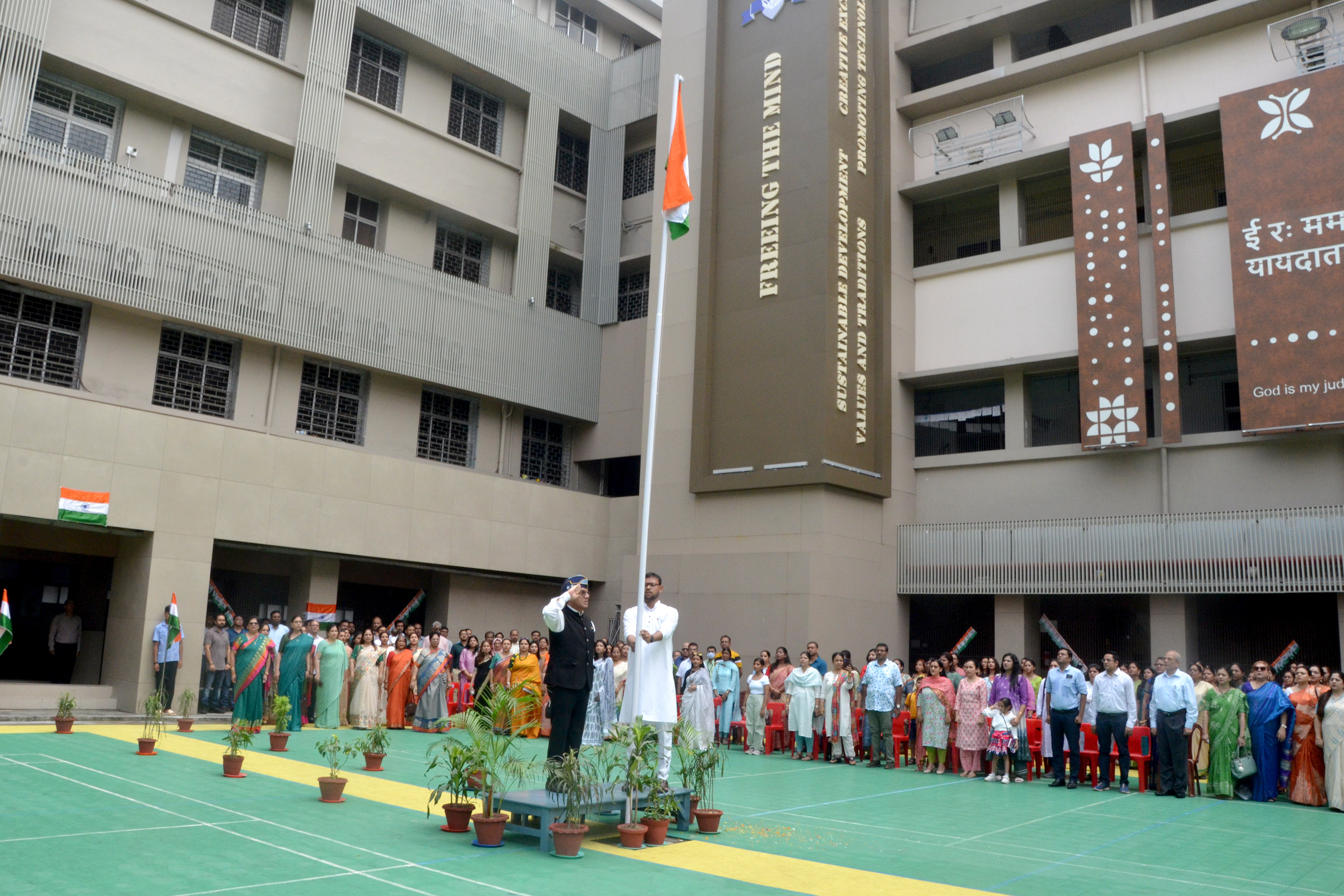
Adapting to Water Scarcity: Sustainable Solutions for West Bengal
- Category: Sustainable Solutions for West Bengal
- Posted By: admin
The scarcity of water has loomed over West Bengal over the last decade. The urban areas do not face the direct consequences of water scarcity due to the support of underground pumping systems and pipelines. However the suburban and village areas are at risk of severe scarcity. However, with proper understanding of water preservation and sustainable practices, we can reverse this water scarcity. The future of multiple generations would be saved by this action.
The Initial Steps – The initial steps towards managing the water crisis starts with efficient water management. This starts with optimising the use of available water resources using techniques like rainwater harvesting and groundwater recharge. For those who are not aware of rainwater harvesting; it is simply a process to tap rainwater and store it for further usage. Groundwater recharge is another water conservation technique which has proved to be highly beneficial. It is done by building dams and reservoirs which are timely used to replenish groundwater levels. These practices must be implemented on a wider scale to ensure proper preservation of water.
Agricultural Reforms – Agriculture requires large volumes of water. All agricultural activities lead to water wastage and hence agricultural reforms are extremely important. It is important for our farmers to adopt water efficient farming practices. Techniques such as drip irrigation, mulching, and crop rotation can optimise water usage and improve crop yields. Additionally, promoting the cultivation of drought-resistant crops can enhance resilience to water scarcity. By embracing sustainable agricultural practices, we can ensure food security while conserving precious water resources.
Water Recycling – In urban areas, water conservation and recycling are paramount. Municipalities can implement measures such as water metering, leak analysis and greywater recycling. The local municipalities should organise regular public awareness campaigns to educate residents about the critical importance of water conservation.
Community Involvement – Water conservation is a community effort and everyone should take part in this initiative. Government agencies, NGOs, school authorities and college administrators should take an active role in community water conservation initiatives. They must train people to make them worthy citizens who give importance to natural resources.
Student Involvement
School children play a crucial role in adapting to water scarcity by becoming champions of change in their communities. Through environmental education programs and extracurricular activities, schools can empower students to take action towards water conservation and sustainability. Students can lead by example by practising water-saving habits at home and school, such as turning off taps when not in use and collecting rainwater for gardening.
Schools Shouldering the Responsibility of Sustainable Movement for Water
Additionally, schools can organise awareness campaigns, tree-planting drives, and clean-up initiatives focused on preserving local water sources. By instilling a sense of environmental responsibility and fostering a culture of stewardship, schools can inspire the next generation of water-conscious leaders who will continue to advocate for sustainable solutions in West Bengal and beyond.


